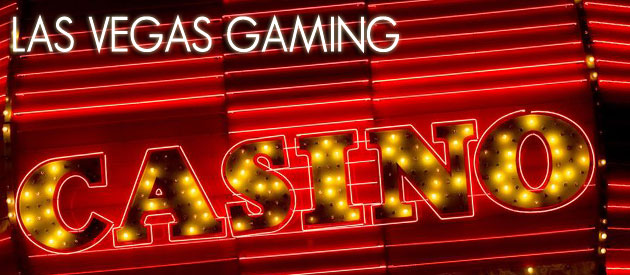Casino Basics

What follows are a few facts that you should keep in mind before heading in to any casino with cash in hand. Most of this is specific to Las Vegas but a lot of it applies to casino gambling anywhere in the US.
- Most Las Vegas casinos are open 24 hours a day, 365 days a week.
- You must be 21 to even enter the gaming area much less play the games. If you look young, be sure to carry some form of identification such as a driver’s license or passport because casino personnel may ask you to prove you’re old enough to be there.
- There are cameras, security, and undercover operatives that watch every square inch of the casino at all times. Don’t even think about trying to cheat – you’ll get caught and you will go to jail.
- Be sure to pay attention to limits on table games, slots, and video poker. If you mess up and wind up betting more or less than you could’ve or should’ve the casino isn’t going to listen to a “but I didn’t mean to…”
- Most casinos offer free or heavily discounted drinks to people playing the games including slot machines. Cocktail waitresses abound in most casinos but remember, they live off your tips so be generous, especially if the drink is free.
- Most casinos offer free gaming lessons on the various card and table games. Check with the main casino cage or the guest services counter of any casino/hotel for schedules. These gaming lessons can be valuable in more ways than one. In addition to the knowledge you’ll acquire, many casinos offer discount coupon books to people who take the time to learn how to play the games.
- Most casinos make it really easy to get money. Again, laws vary from state to state, but most casinos in Las Vegas have automated teller machines (ATM), check cashing, and systems to take cash advances from your credit cards. Note that there are fees associated with using any of these ways to get cash. An ATM will typically charge you anywhere from $5-$8 on top of whatever your bank will charge you and credit card advances will cost you at least 3% of whatever you are taking. My recommendation is to leave your bank cards, credit cards, and check books at home and only bring as much money as you’re willing to lose – most of the time, you will.
- There are several ways to get change and chips in a casino. Most have automatic bill-breakers, where you can insert a $100 bill and get five $20 bills (for instance). There are usually some attendants walking around that can break large bills but they are a lot less common than they used to be now that the automatic machines are more prevalent. Gaming chips can be purchased at any table or the main cashier cage (ask an attendant where it is) and usually redeemed at the cashier cage only.
- Always remember that gambling should not be looked at as a way to make money! Most of the time, you won’t. If you view the slots and table games as a form of entertainment you’ll have a much better time (and will probably lose less money).
- Most casinos have gaming (slot/player) clubs where you earn points toward meals, shows, or rooms by gambling in their casino. You have to give away some of your personal information (like address and perhaps e-mail) but that junk mail you get can get you some deep discounts on future visits.
- Most casinos will offer perks if you’re dropping a lot of money at their tables or slots. Make sure somebody sees you spending money and then casually ask if their show is any good or which restaurant is best. It’s not a guarantee but often they’ll give you discount coupons or freebies just to keep you happy and gambling.
